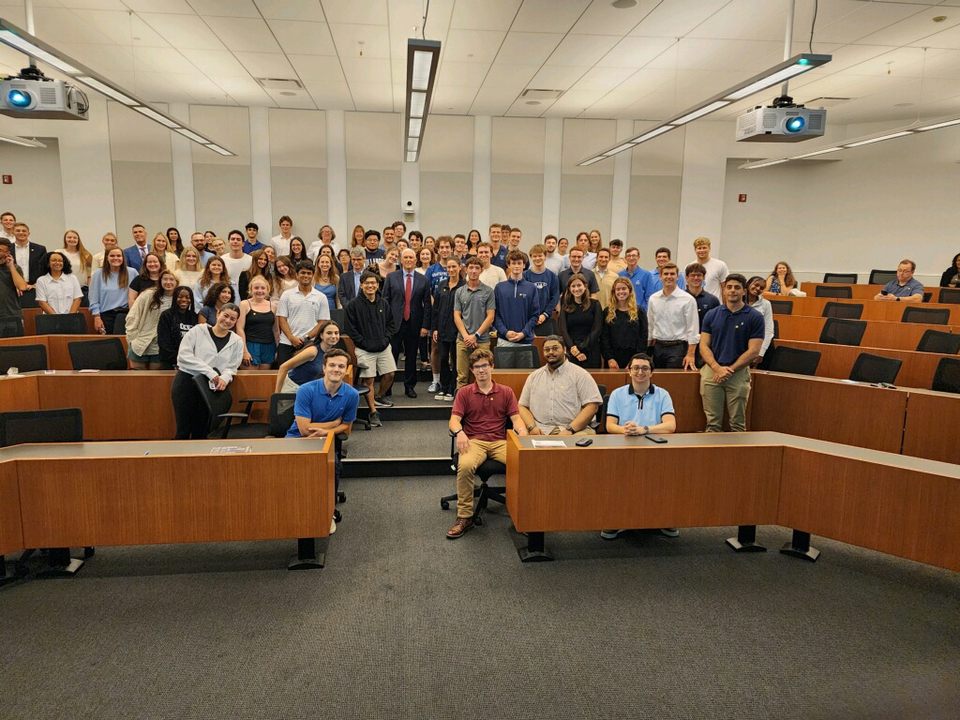The human perception of time has been extensively dissected and written about throughout the course of existence. We find ourselves fascinated by whether or not time truly does move at a faster pace as we age, whether or not we have enough time to fulfill our personal ambitions, and if time, in a tangible manner, “flies” when we are having fun. However, this question has garnered heavier emphasis throughout the past four years, and this pressing inquiry has been deemed by social media as the “2020 Effect.”
In essence, the theory behind the “2020 Effect” is that our perception of time has been greatly skewed due to the pandemic. When the general public underwent the first round of lockdown (circa March of 2020), many argued that the period of in-home quarantine moved at a delayed pace, likely due to perceived sensations of isolation and anxiety. However, while we may have initially felt the seeming slowness of time during these actual events, it seems as if time has only been moving faster since. It has now been four years since 2020, and, simultaneously, five years since 2019. According to the “2020 Effect,” 2019 feels more recent than it was because all of our pre-lockdown memories feel closer to the present day. It’s as if the isolation period created a slower perception of time for humans and we perceive these events to be much closer to the present, when in reality, time has remained the same and years stand between us and the onset of the pandemic.
Perhaps the largest lesson to be gained from this observation is that time is a subjective matter. According to neuroscientists, there is not a single organ that fulfills the purpose of timekeeping. Many individuals found themselves falling into a “Groundhog Day” existence over quarantine that they still find themselves embedded in, four years later. For some, this manifests positively. Perhaps they found a craft or hobby that has added fulfillment to their days and served as a source of solace during the past few years. For others, this has come with horrific consequences, commonly seen with the prevalence of depression symptoms increasing three-fold during the pandemic.
This begs the question of how it affects the average university student, and more specifically, the students at Villanova University. Freshman Alexa Blankenstein was asked about how the pandemic’s “illusion of time” affected her undergraduate studies here at Villanova University.
“The pandemic elongated the in-the-moment understanding of how time passed within the realms of our high school years, which led to semesters feeling mind-numbingly slow,” she said. “Now that I am a college student, I feel the reverse has happened. I find myself wishing time would slow down as it did during the lockdown, as it feels that the average college semester moves at an exponentially more rapid pace.”
Mask mandates have ended, the Covid vaccine is not required for the large majority of academic institutions, and grocery store shelves are filled with everyday supplies that were once deemed “hot commodities.” Despite these shifts to “normal,” the widely perceived time effect has been the one thing that makes individuals feel as if nothing has truly been the same since 2020.
Perhaps the only way to undo this effect is to be intentional with our time and to stop wishing for Friday, for the next break period or for our Monday afternoon class to end. Perhaps the moment in which we break the cycle of our lives flashing before our eyes is the day we stop closing them, and instead make an effort to savor the moment. To relish in the beauty of boredom and to acknowledge each piece of matter that comprises these fleeting, yet priceless moments of our lives. Whether it be taking note of the coffee order of the person in front of you at Holy Grounds, leaving your phone off as you enjoy a meal with a friend or acknowledging the ephemerality of creation in real-time, I believe we all have the power to undo the “2020 Effect.”






